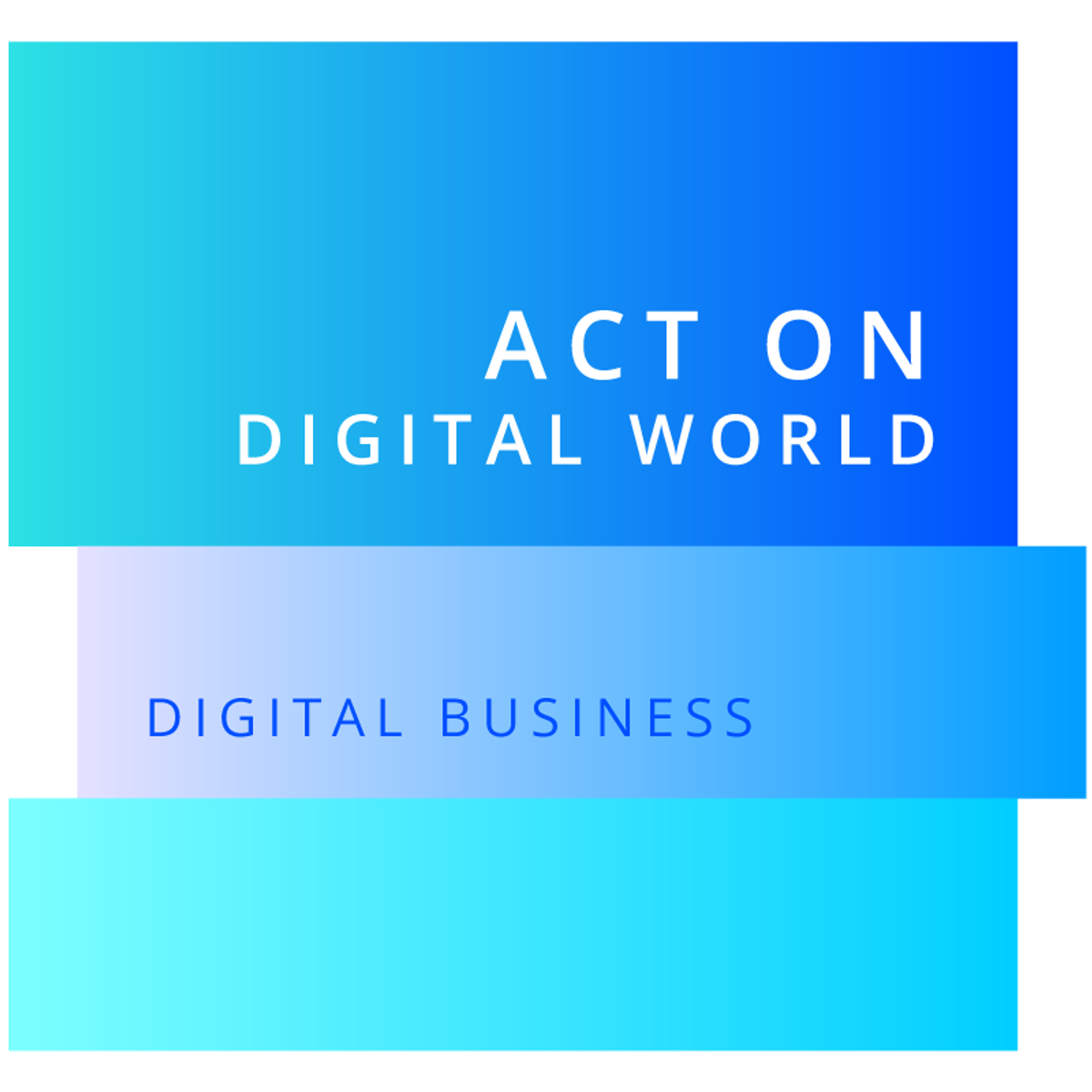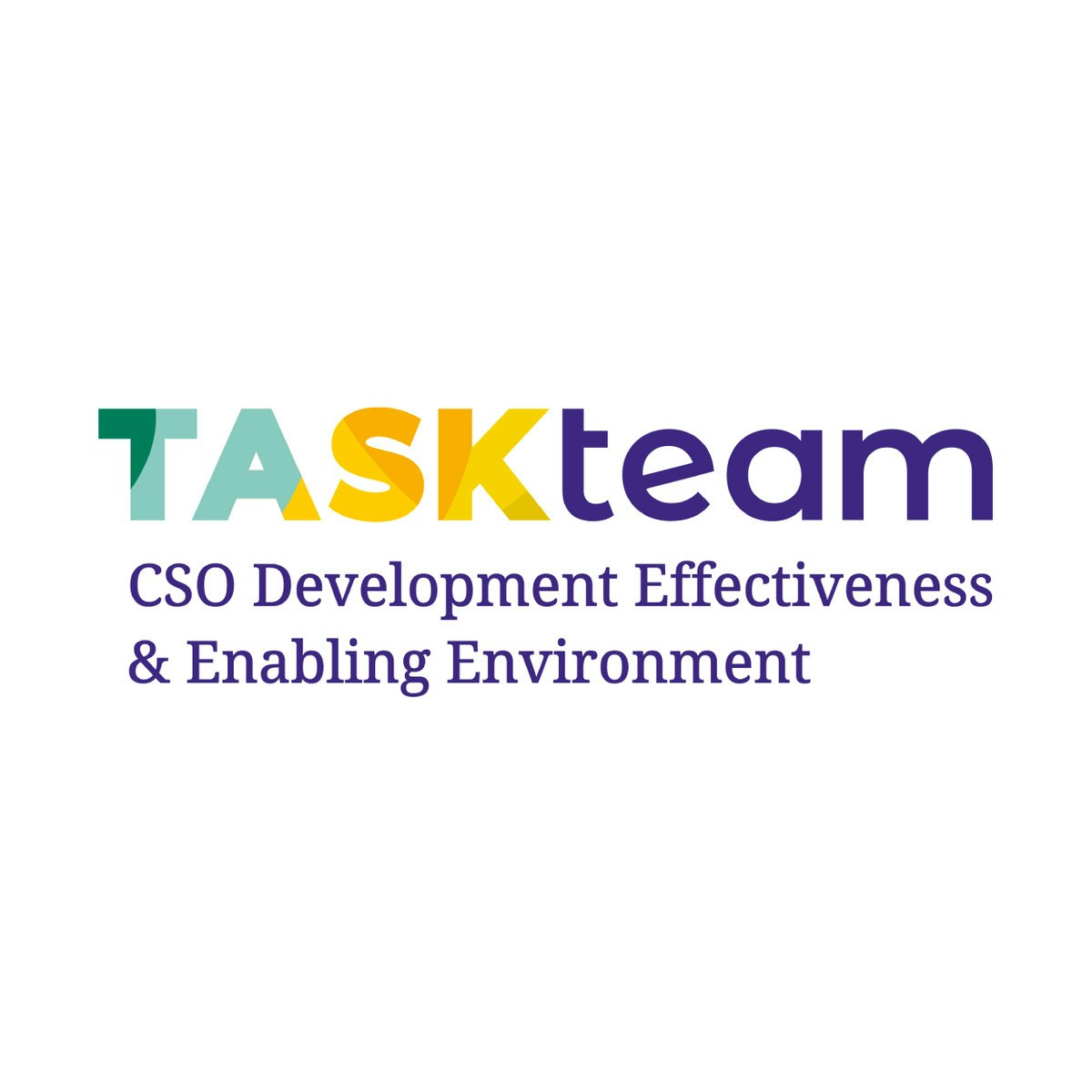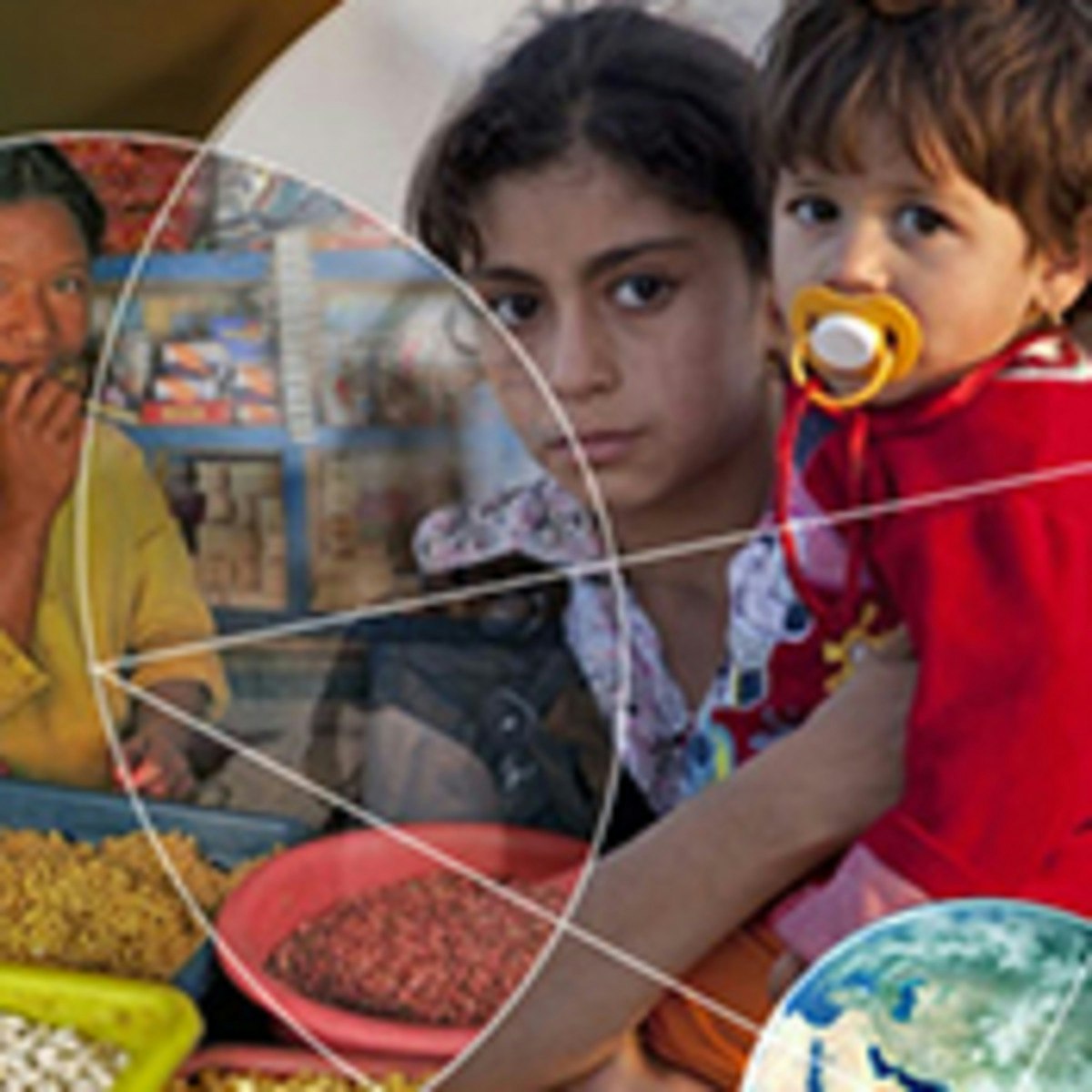Back to Courses









Social Sciences Courses - Page 8
Showing results 71-80 of 672

Methods and Statistics in Social Science - Final Research Project
The Final Research Project consists of a research study that you will perform in collaboration with fellow learners. Together you will formulate a research hypothesis and design, come up with operationalizations, create manipulation and measurement instruments, collect data, perform statistical analyses and document the results.
In this course you will go through the entire research process and will be able to help determine what research question we will investigate and how we design and perform the research. This is an invaluable experience if you want to be able to critically evaluate scientific research in the social and behavioral sciences or design and perform your own studies in the future.

Digital business - Act on the digital world
The idea that digital technology triggers profound change in companies is largely accepted. There is indeed no question that the digital world is profoundly changing business life. Everyone is now on the same page. But with the digital world come a lot of misconceptions and buzzwords. You can no longer get by with these commonplaces or general ideas. You need to gain a detailed understanding of the main new management paradigms: new marketing approaches, the role of data in data-driven management, large businesses’ struggle to innovate, etc. This will give you precise insight into changes at work. Without precision, it is difficult to understand. Without understanding, it is impossible to act.
This module will tell you how.
Week 1 : Big Picture
Week 2 : Operational Area
Week 3 : Focus Area

International Law in Action: A Guide to the International Courts and Tribunals in The Hague
International Law in Action explains the functions of each international court and tribunal present in The Hague, and it looks at how these institutions address contemporary problems. On the basis of selected cases, and through interviews with judges and lawyers, you will explore the role of these courts and tribunals and their potential to contribute to global justice.
The first module of the course will investigate how judicial settlement is different from other more political forms of dispute settlement, such as negotiation and mediation. It offers a brief historical overview and introduces the judicial and arbitral bodies based in The Hague. In the remaining modules you will learn about the functions of these courts and tribunals, and some of the challenges and prospects that they face. Three cross-cutting themes tie together all of these modules: (i) The interaction between law and politics; (ii) The continuing role of State consent; and (iii) The ability of international courts and tribunals to protect the public interest and global values.
This course offers you an opportunity to gain a better insight into the functions and features of the courts and tribunals present in The Hague. You will gain a familiarity with each court or tribunal. You will develop realistic expectations of their capacity to address contemporary problems and an awareness of their limitations. You will also be able to discuss some of their most prominent cases.
If you would like to have a better understanding of international law in action in The Hague, this is definitely the course for you!
This course is free to join and to participate in. There is the possibility to get a verified certificate for the course, which is a paid option. If you want a certificate, but are unable to pay for it, you can request financial aid via Coursera

Act on Climate: Steps to Individual, Community, and Political Action
Are you concerned about climate change? Would you like to learn how to address and respond to this challenge? If so, this course is for you.
Act on Climate: Steps to Individual, Community, and Political Action is intended to help learners understand, address and respond to climate change as individuals and in partnership with their communities and political leaders. The course focuses on how to translate learning into action on climate change in the areas of food, energy, transportation and the built environment (cities). This course was co-developed and taught by Michaela Zint, Professor of Environmental Education and Communication, and University of Michigan Students. A range of academic climate change experts and professional leaders are featured.
As a result of completing this course, you will be able to:
1) Identify individual, community, and political actions you can engage in to effectively address and respond to climate change.
2) Describe how insights from the social sciences can be employed to create change at the individual, community, and political levels.
3) Feel empowered to continue to influence how you, your community, and political leaders address and respond to climate change.
Use #UMichActonClimate on social media to share what you're doing and connect with other learners.

Ethical Social Media
Social media connects us across space and time, allowing us to find like-minded communities and participate creatively in public life as never before. We may often use social media without thinking much about the possible consequences. But there is a shadow side associated with social media use, which takes the form of hate speech, increased surveillance, lack of anonymity and questionable use of our data. What do we need to know to use social media spaces effectively, in a way that is safe and productive for all?
This course will guide you into a deeper exploration of online identity, social media communities and their users. You will examine the ways that social media is being used by public institutions such as government to build participation and conversation with audiences. You will encounter the most common ethical debates in social media.
You will also have the opportunity to build your practical skills by developing your professional social media profile, defining your audience, building your social media influence and understanding how to interpret data analytics to "listen" and communicate well.

Civic Engagement in American Democracy
So how does the American political system work? Who are some of the key actors? What are key concepts for a student trying to understand what’s going on? How can I as a citizen influence politics?
Civic Engagement in American Democracy takes on these and other key questions. We’re Dr. Nicholas Carnes and Dr. Bruce Jentleson, the principal course instructors. Along with our Duke faculty colleagues who also contributed modules, we’ve designed the course to provide a strong foundational introduction to US politics.
If you’re new to this material, proceed through the modules one by one and build up your knowledge of politics and government. If some of the material is familiar, go ahead and set your own pace. Either way we hope Civic Engagement in American Democracy helps you be an effective student in more advanced politics courses and/or an engaged citizen in 21st century America.

Foundations of Teaching for Learning: Developing Relationships
The Foundations of Teaching for Learning programme is for anyone who is teaching, or who would like to teach, in any subject and any context - be it at school, at home or in the workplace. With dynamic lessons taught by established and respected professionals from across the Commonwealth, this eight course programme will see you develop and strengthen your skills in teaching, professionalism, assessment, and more. As you carry on through the programme, you will find yourself strengthening not only your skills, but your connection with colleagues across the globe. A professional development opportunity not to be missed.
Positive relationships with students supports children's learning. Positive relationships with colleagues and school leaders helps school improvement. This course helps teachers develop strong relationships with families and colleagues.
Enhance your course by joining the Commonwealth teaching community on our website, Facebook and Twitter.

Assessing Achievement with the ELL in Mind
In this course, you will learn how to design assessments around the needs of your ELL students and their language level. You will learn how to incorporate language and content requirements for both formative and summative assessment types. You will learn to assess your ELL students through the use of project and task-based assignments. You will learn to use and modify rubrics to align to and measure student achievement of your language and content learning objectives. The course will also briefly cover strategies for supporting ELL students during standardized testing.
Upon completing this course, you will be able to:
* Conceptualize theories of authentic assessment as they apply to second language learners
* Design formative assessment types incorporating language and content objectives
* Design summative assessment types incorporating language and content objectives
* Incorporate project and task-based assignments as assessment tools for ELLs
* Design rubrics that align to language and content objectives for your ELL(s)
* Apply the use of rubrics, both language and content, to the work of your ELL(s).
* Support your ELL(s) as they participate in standardized testing

Effective Engagement of Civil Society in Development
Civil society organizations (CSOs) are key actors in development that have valuable contributions to make. They play a multitude of roles - including in relation to humanitarian assistance, service-delivery, research and policy development, and pursuing accountability from governments and other stakeholders – all of which can significantly contribute to the realization of the Sustainable Development Goals (SDGs). CSOs are expected to play a critical role in implementing the SDGs and in monitoring their progress. It is therefore urgent that CSOs meaningfully and effectively engage in development processes. But what is needed for CSOs to be able to do so? This Online Interactive Guidance offers some answers to that question. It takes participants through a history of the international commitments that call for this multi-stakeholder collaboration; what this means in practice for different development actors; and the benefits that can ensue through means of good practice examples from countries across the globe.
Learning objectives
Following the completion of the 5 modules of the Online Interactive Guidance, participants will be able to:
• Describe the rationale behind the need to engage civil society in development processes;
• Define the CSO enabling environment and CSO development effectiveness as key components to ensuring
effective engagement of CSOs in development;
• Recall the international commitments on the CSO enabling environment and CSO development
effectiveness;
• Distinguish the roles and responsibilities of different development actors in ensuring effective engagement
of CSOs in development;
• Identify practical ways in which governments, donors and civil society can engage to create a CSO enabling
environment and ensure CSO development effectiveness;
• Identify good practices for a CSO enabling environment and development effectiveness;
• Indicate the benefits that can ensue from implementing good practices;
• Translate the international commitments and apply these to their own context.
Methodology
This Online Interactive Guidance consists of five modules developed around the overall learning objectives. Each module starts with an animated video introducing the topic and is followed by good practice examples; insights from the field in the form of video interviews; in-depth readings; and an online activity.
Set-up
The Online Guidance will lead participants through the modules that each play a part in creating an environment in which CSOs can meaningfully and effectively contribute to implementation and monitoring of international development processes.
> Module 1 will examine the CSO-related commitments that the international community has subscribed to and will provide an introduction to the four ways in which these can be realized.
> Module 2 will explore the means towards creating effective multi-stakeholder dialogue, which is key to creating a CSO enabling environment.
> Module 3 will examine CSOs’ own responsibility in ensuring their effectiveness, accountability and transparency in their day-to-day operations.
> Module 4 will delve into how providers of official development cooperation can effectively work with and for CSOs.
> Module 5 is the concluding module and will examine how a country’s rules and regulations can determine an enabling environment for CSOs to operate in.
Completion
Participants who have completed the 5 modules can request a certificate extended by the Task Team on CSO Development Effectiveness & Enabling Environment.

An Introduction to Global Health
This course will provide you with an overview of the most important health challenges facing the world today. You will gain insight into how challenges have changed over time, we will discuss the likely determinants of such changes and examine future projections. Successful international strategies and programs promoting human health will be highlighted and global health governance structures will be mapped and the role of the key actors explored.
Popular Internships and Jobs by Categories
Browse
© 2024 BoostGrad | All rights reserved


